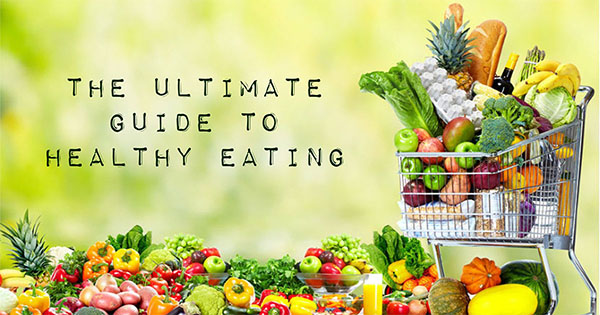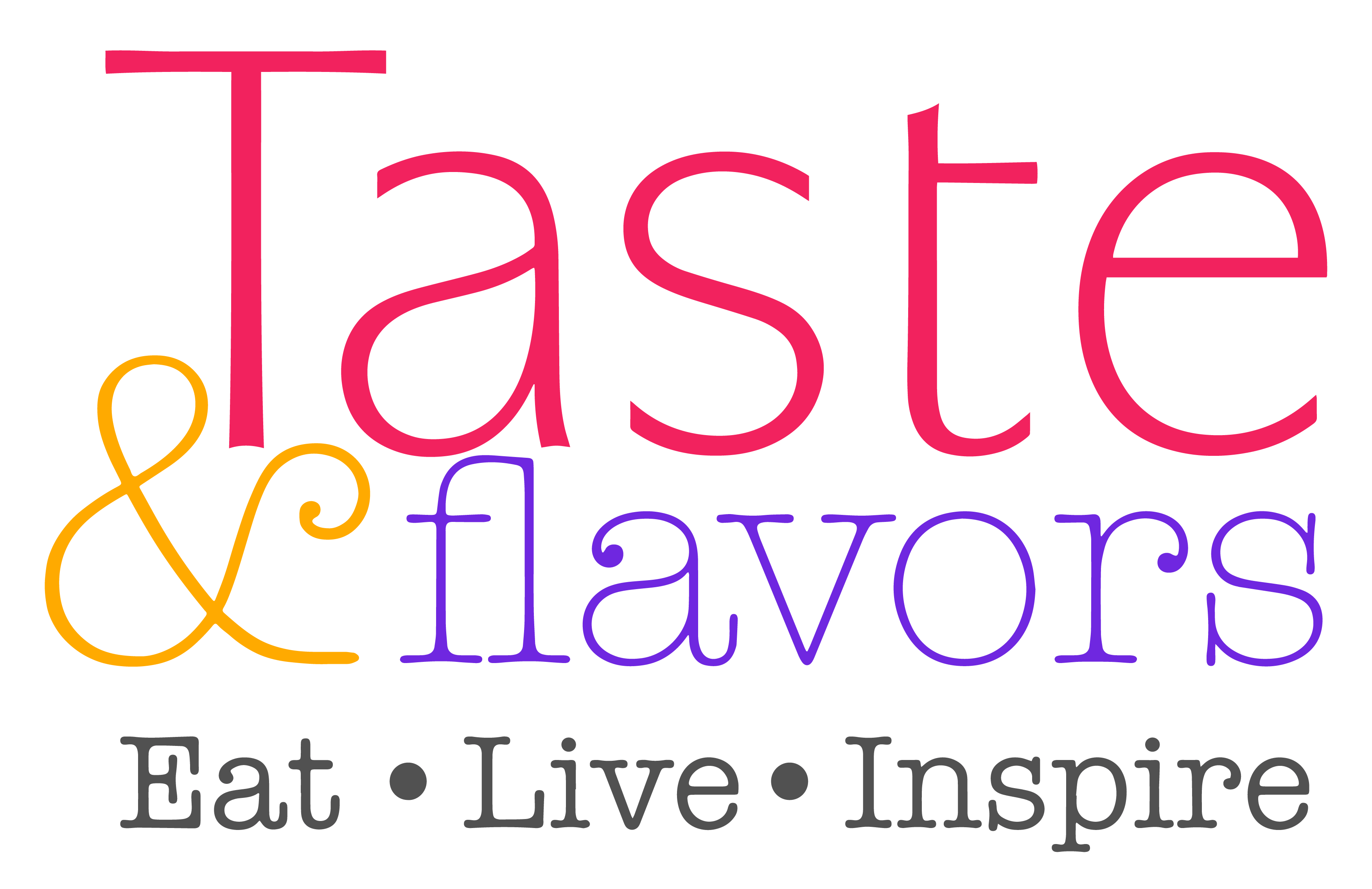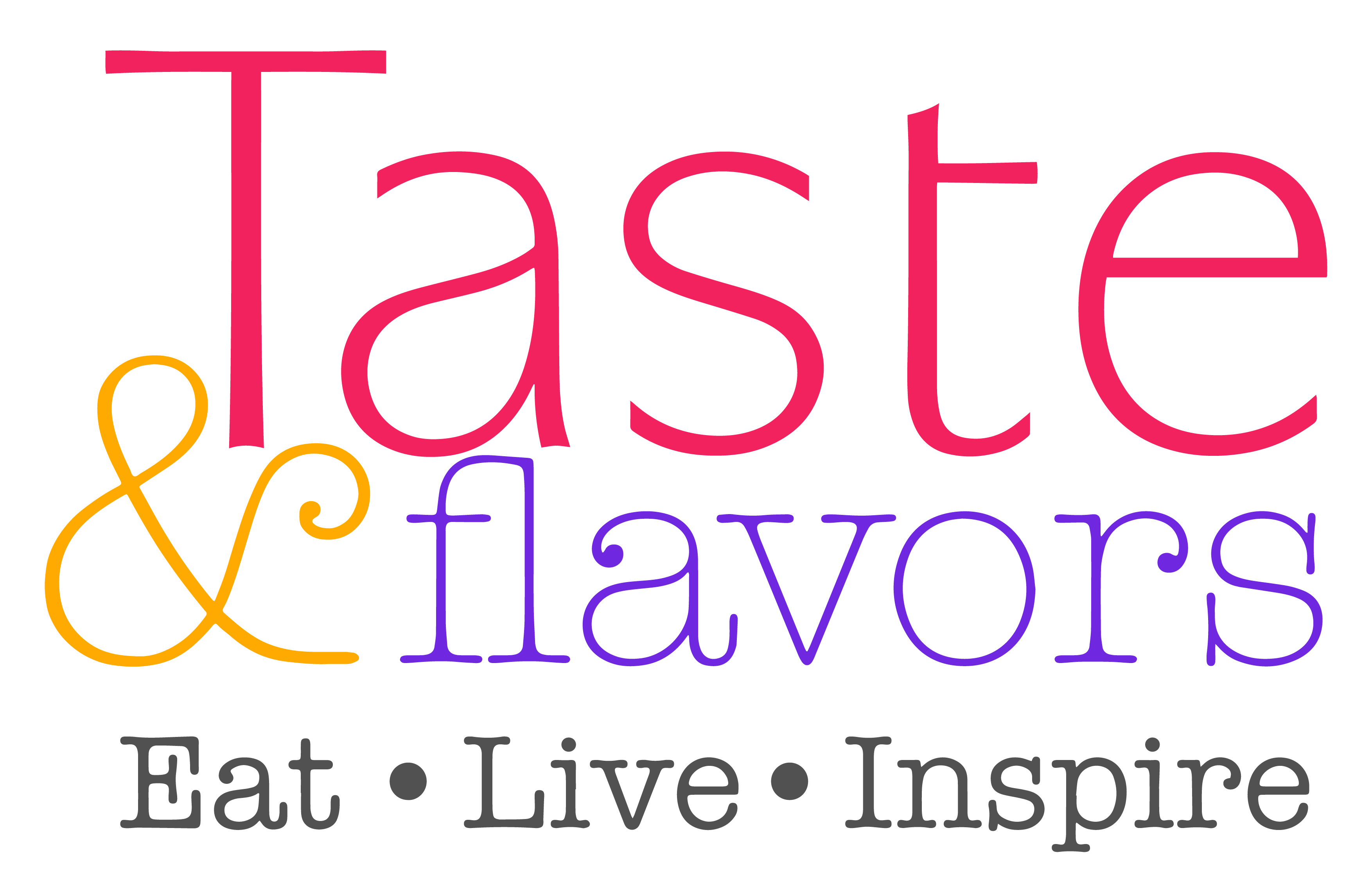THE ULTIMATE GUIDE TO HEALTHY EATING: HOW TO SHOP AND EAT HEALTHY

FOR THOSE TRYING TO MAKE BETTER FOOD CHOICES, HERE WHAT YOU SHOULD PAY ATTENTION TO
While most of you strive to make better food choices, you might find yourself lost with the sheer volume of information out there nowadays.
In this article, you’ll find the most important general guidelines on cooking basics and pantry staples that tend to work for most of us and help lower inflammation in the body. Keep in mind that the goal is progress not perfection. If you incorporate one new habit each week, you’ll be setting yourself up for success on the long term and in a few months, your whole plate will become more nutrient-dense.
HEALTHY SHOPPING
The first part of every meal is shopping for it, and your pantry is the easiest place to start making changes! Strive for your meal to be as close to nature as possible:
- Avoid processed/packaged foods as much as possible and consume foods in their original state: single-ingredient foods: eggs, fish, meats, fruits…
- Avoid gluten and refined grains. If you do consume whole grains, nuts, beans etc. make sure you prepare them well (check the cooking section). Sourdough bread and baked goods can be a good option for people that don’t have severe intolerances to gluten, the fermentation process makes them lower in both gluten and carbs. Try to opt for sourdough made with organic flours (free from GMO, herbicides and pesticides).
- Consume organic local and seasonal fruit as much as possible.
- Consume full fat dairy as opposed to skimmed, organic when possible. The fat in dairy contains essential nutrients and it also helps your body properly break down lactose.
- For those who are intolerant to milk, goat dairy can be a good option or coconut milk (free from additives, sugar and seed oils).
- Not all processed foods are bad, some can actually make your healthy cooking a lot more convenient: tuna/sardines preserved in pure olive oil, peas, artichokes and other veggies preserved in glass jars with water and sea salt, frozen veggies/fruits and other snacks with minimal ingredients (like raw nuts/seeds with sea salt and herbs). Always check the label/ingredients!
- Probiotic-rich foods need to become staples, such as: sauerkraut, kefir, yogurt, pickles, olives etc.
- Include natural herbs, spices and minimally processed condiments to keep your meals enjoyable: basil, oregano, cinnamon, turmeric, Dijon mustard, pesto, guacamole, eggplant mutabbal,
- Visit your local farmer’s market to support local products and purchase organic produce and other traditional staples authentically made (as close to homemade as possible).
- For cooking, buy ghee and other saturated fats (kawarma, duck fat etc.) instead of margarine, seed and vegetable oils (sunflower/canola). Use natural butter for low-medium cooking and olive oil off heat (for salads, to top your meals etc.).
- Buy raw honey, maple syrup or stevia as a sweetener (and stay mindful of quantity and frequency). Stay away from sweeteners like agave, high-fructose corn syrup and artificial sweeteners.
- Buy and use pure sea salt on your food instead of table salt.
- Purchase stainless steel cookware instead of Teflon and you might want to invest in an air fryer to make homemade fries.
HEALTHY COOKING AT HOME
You can exponentially upgrade your health with just a few tweaks to your macros, adjustments to your food order and other easy-to apply tips. The way you cook your food also makes a difference, which is now easier thanks to the healthy options in your pantry!
- Eat protein for breakfast: when you start the day with protein (like eggs) your blood sugar stays stable throughout the day (even if you follow it with some fruit), whereas starting the day with pastries will put you on a sugar roller coaster ride all day long, causing more cravings, energy crashes and brain fog.
- Try to eat about 0.8g of protein per your body weight in pounds each day. Also, aim for 1.5-2g of fat per gram of protein. Eating too much lean protein without enough fats can be problematic for various reasons, but the combination of protein + fats in the most satiating one will keep you fuller for longer.
- Always eat your eggs with the yolk. Eggs provide your body 13 essential nutrients, all in the yolk (including B vitamins, iodine and vitamin D).
- Consume organ meats (like liver) and shellfish (shrimps, oysters…) regularly or supplement with a whole-food-based supplement.
- Make homemade bone broth part of your diet or take a high quality, grass-fed, hydrolyzed collagen supplement.
- Start with the protein on your plate first, then eat your carbs. Example: if having steak and potatoes, start with the steak then have your potato.
- When you want to consume sugar, whether a dessert or fruits, make sure you’ve had a protein rich meal beforehand. Tip: instead of having fruit alone as a snack, have it with some yogurt, cheese and/or nuts.
- Consume 1 tablespoon of apple cider vinegar (with the mother) diluted with some water 15 minutes before every meal to optimize digestion/absorption and balance blood sugar levels.
- Beans and legumes (like lentils and chickpeas) must be soaked overnight and preferably cooked in a pressure cooker. I usually soak almonds with sea salt before consuming them. Such practices optimise nutrient-content and absorption and minimize antinutrients that can interfere with digestion and cause intolerances and other health problems.
- Use stainless steel cookware instead of Teflon.
- Store your food in stainless steel or glass containers instead of plastic.
- Avoid leftovers as much as possible, or divide them into portions and store them in the freezer.
EATING OUT
Homemade food is always the best option, but we also need to be practical about our healthy lifestyle and remember that having a social life is an important part of it, so here are some things for you to keep in mind when eating out:
- Look up the menu beforehand and call the restaurant with any questions you may have. Ask for simple dressings like olive oil and lemon sauce (optional with added herbs).
- Choose restaurants that prioritise quality: when a place has organic produce, farm-to-table dishes, free-range eggs, and other such options, they will usually use healthy ingredients.
- Consume a small snack before going out. If you’re starving, you’re more likely going to make unhealthy choices. A good snack would be a couple of eggs and a slice of avocado.
- Focus on grilled, boiled, poached, sauteed or steamed cooking methods. Anything crispy, breaded or fried is a red flag.
- Try to stick to the single-ingredient rule as much as possible:
- For brunch you can have some poached eggs, smoked salmon and some cheese.
- For lunch or dinner: A juicy steak with a side of rice, potato or veggies; at burger joints, ask for a bunless burger, add extra patty and Dijon mustard (try to skip the usual sauces); in sushi restaurants, try to go for the riceless options as sushi-rice can be loaded with sugar and additives; in Lebanese restaurants, instead of filling up on dough-based foods, we have the luxury of choosing among many whole-food options: salads, vine leaves, meatball kebbe, hummus, moutabbal, barbecues, fish, seafood etc.
- Skip the sodas/sugary drinks. Sipping on some water before meals supports digestion. However, drinking with your meal is not recommended as it dilutes your enzymes and can cause digestive upset.
- If you want to drink alcohol, make sure you skip the beer and cocktails and go for distilled options like gin or vodka. Dry white wine is also well tolerated, for red wine, it depends on each person (less recommended because it usually has so many added toxins).
- Last but not least, don’t be too restrictive! Eating out is a great way to catch up with friends and celebrate certain events, so don’t let food-fear become the center of attention or, even worse, the reason you decline all outings. Having a healthy relationship with food is super important for your mind and body, and we don’t have to live in extremes to be healthy. After all, food is only one tool, health also means getting proper exercise, quality sleep, resolving root issues in your hormones, gut, immunity etc. and addressing your mental health and managing stress. We need to learn to allow ourselves to indulge every once in a while, without guilt-tripping over it for a day or a week afterwards. You can have some fries with your steak and if you feel like it, dessert too, without it escalating to binge eating. Make a conscious decision to mindfully consume your indulging-food and remember that the goal is progress not perfection. Your fries and ice cream won’t ruin the months of dedication – as long as you allow it to be just that and not let it spiral into a junk-food lifestyle.






